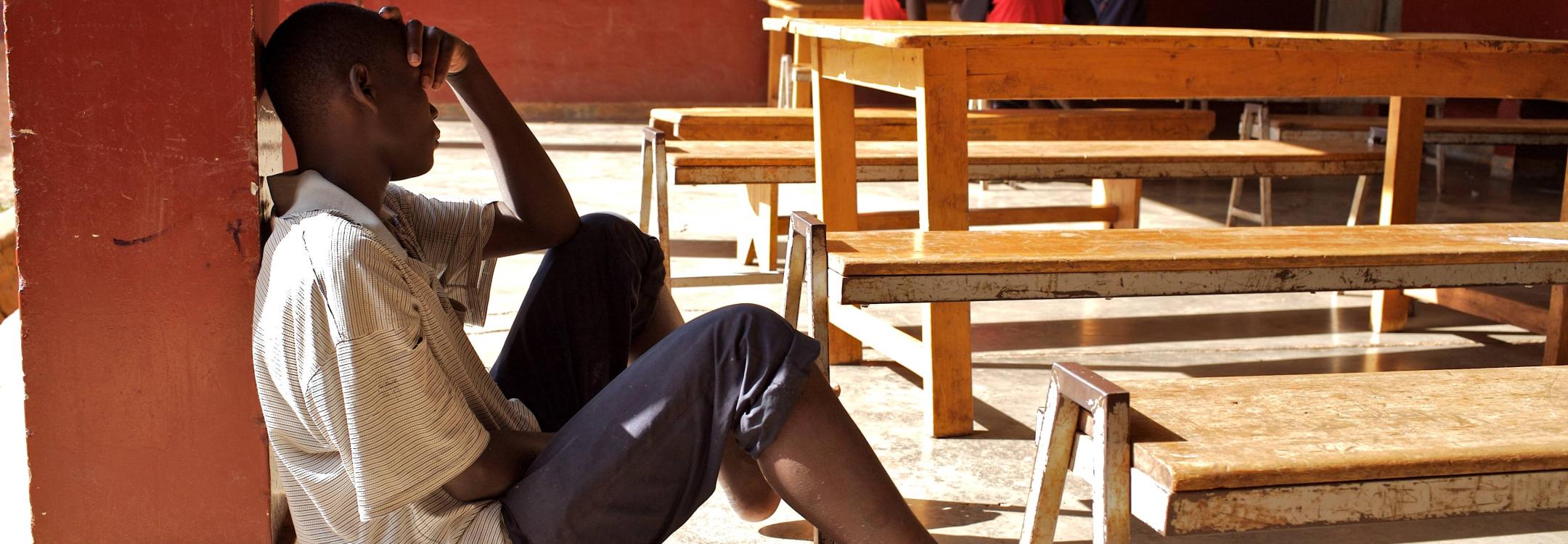
Detention rarely responds to children’s individual characteristics and specific needs, including the need for appropriate education, contact with family and the wider community, sport and recreation. Instead, it often intensifies children’s vulnerability to discrimination, abuse, violence, poor living conditions, inadequate health care and nutrition.
Deprivation of liberty for children (anyone under the age of 18) should only be used as a last resort. To ensure their well-being, a variety of alternative measures should be made available for children. When detention is absolutely necessary, it should be for the shortest appropriate period of time and should aim at rehabilitating and reintegrating children into society.
The majority of children deprived of their liberty are held in pre-trial detention, often for prolonged periods, and for minor offences, in breach of international standards.
Children deprived of their liberty are at greater risk of experiencing discrimination and abuse by both staff and fellow detainees, from the first moment of contact with the criminal justice system. When deprived of their liberty, they are also at risk of self-harm or even suicide.
It is important to remember that children deprived of their liberty do not form a homogeneous group. Their needs and the risks they are exposed to vary according to different factors such as age, sex, sexual orientation and gender identity or level of development. Girls or children with physical or mental disabilities face the greatest risk of abuse and ill-treatment once they are detained.
What we do
We provide tools and information to detention monitoring bodies on children in detention. These are geared towards creating effective monitoring of places of detention, allowing all signs of ill-treatment and torture to be identified and changes to be implemented. We also conduct trainings with these bodies, including detention centre visits, to provide hands-on-experience.